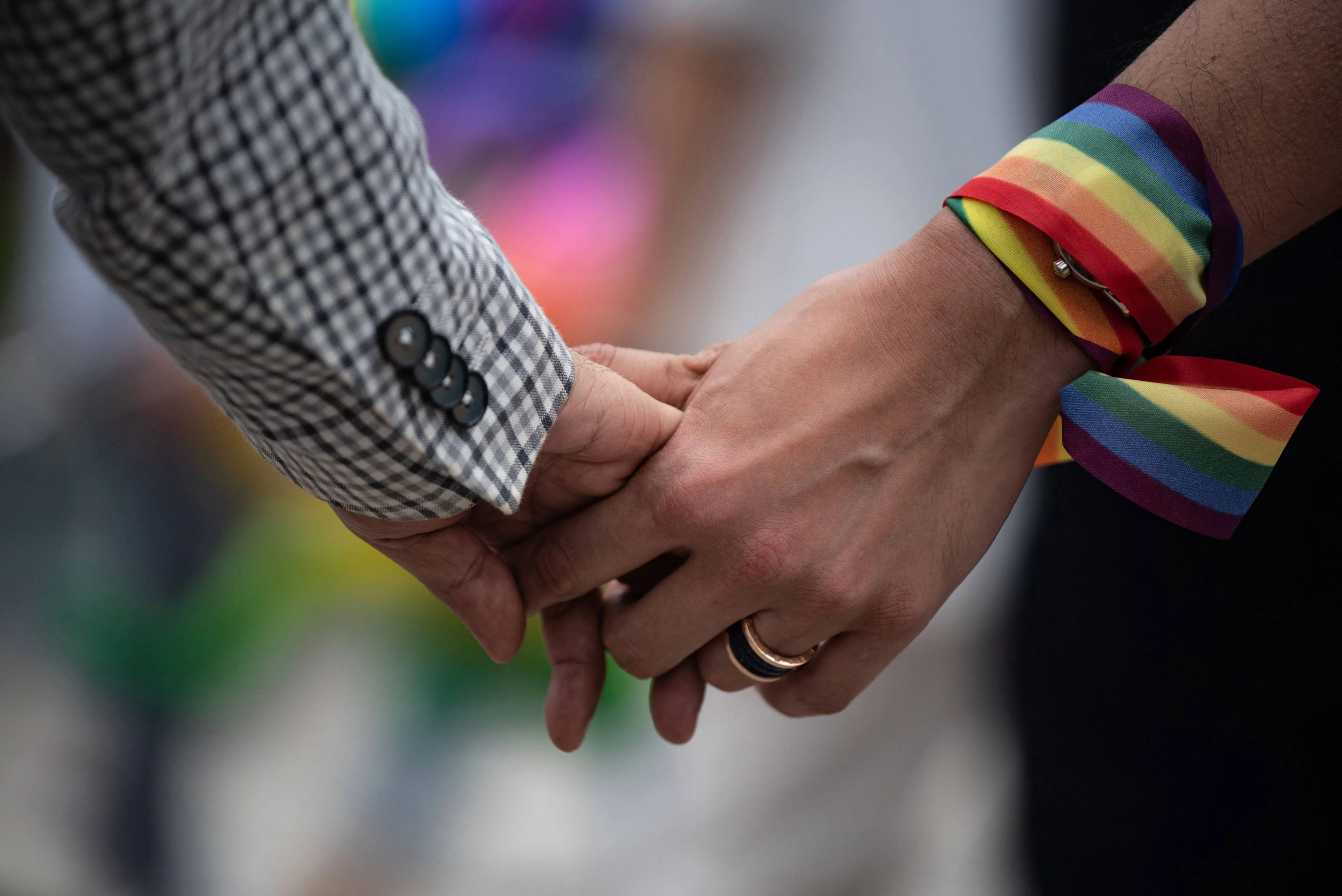By Mike Rowse
Copyright scmp

The decision by a majority of legislative councillors to vote down the same-sex partnerships bill has been presented by officials as some kind of triumph for the system of government. In fact, it sets us on the road to a slow-burning loss of credibility about our commitment to the rule of law.
A total of 71 members voted against the bill earlier this month, with just 14 in favour and one abstention. The outcome was widely reported in the overseas media, most directly highlighting that this was a direct rebuttal of a ruling by Hong Kong’s top court.
The narrative since put forward by some officials is that, despite the negative outcome, the process was a success because it showed all three branches of government carried out their duties faithfully according to the law. The judiciary interpreted the relevant law independently, the executive responded appropriately by putting forward legislation to remedy the adjudged illegality and the legislature exercised its free judgment.
This is pure sophistry. A significant minority of Hong Kong citizens have been denied certain rights that our Court of Final Appeal ruled they should have by law. The promise by the government to examine what might be done administratively to minimise the damage to those concerned is welcome but insufficient.
As the administration itself said in the Legislative Council brief introducing the draft legislation, legal recognition means “same-sex partnerships receive formal recognition and protection under the law. Solely relying on administrative measures or authorisation mechanisms is inadequate to establish a legally recognised and binding mechanism”. In other words, by its own admission, the government recognises that failure to enact the bill puts us outside the law.
Now it is worth examining how we reached the present situation, because it was not by accident. Various lawsuits over the years have concerned the right of an individual to apply for a spouse immigration visa for a same-sex partner, whether a same-sex partner has the right to spousal civil service benefits, the right of a transgender person to marry according to their new gender, guardianship and joint custody arrangements for children and so on.
Another recent case involved two women in a deep personal relationship who had a baby. The egg from one was fertilised with donated sperm and brought to term by the other. When the baby boy was born, the women sought to have both partners registered as parents. The government refused. This refusal was overturned on appeal.
In all of these cases, the government has taken an ultraconservative line. Upon losing in a lower court, it tends to fight the case to a higher one, right up to the Court of Final Appeal if necessary. The final result in one case was that the top court in October 2023 gave the government two years to produce a framework for recognising same-sex civil partnerships in a way that gave the parties certain rights.
The now-defeated bill was the government’s attempt to meet the deadline, but only in an absolutely minimalist way. A same-sex couple would have to enter into a binding arrangement – marriage or civil equivalent – in a jurisdiction outside Hong Kong, then apply to register here.
At every stage, the government has stressed that what it proposed would not equate to recognising same-sex marriage in the city. Throughout the official material, the message came through that the government didn’t really want to undertake these changes but was obliged to do so by court rulings.
Taking a step back from the immediate situation, it seems to me a great pity that the whole exercise has only been triggered by adverse court rulings. There needs to be a debate in the community and within the government on how to ensure all citizens can maintain an orderly, stable life with dignity and privacy.
The minority has to accept that its members are fewer in number, and most rules and arrangements in society will follow the preferences of the majority. At the same time, the majority must accept it has a responsibility to protect the rights, interests and personal dignity of the minority even when it finds them strange or unwelcome. In other words, in a free society, we should aim to give everyone the means to conduct themselves in a reasonable way.
The process should start in the government with our political leaders asking themselves not “what is the minimum we have to do to satisfy judges” but rather “what is the most we can do to make as many as possible of our people feel comfortable and welcome”. If that means being criticised by social conservatives, then so be it.
The one senior politician to emerge from these events with any credit is the Executive Council convenor Regina Ip Lau Suk-yee, who led her New People’s Party members to support the bill.
At a time when we seek to attract foreign investors and make Hong Kong a centre for mediation and arbitration by stressing our adherence to the rule of law, we must walk the walk, not merely talk the talk. That means a new bill and strong government leadership to secure its passage.